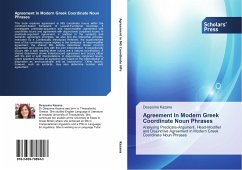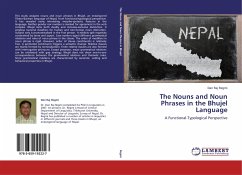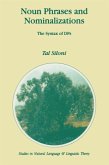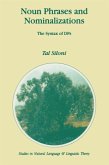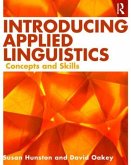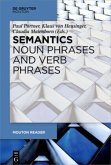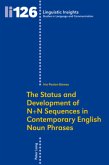This book explores agreement in MG coordinate nouns within the constraint-based framework of Lexical-Functional Grammar. It investigates predicate-argument and head-modifier agreement with coordinate nouns and agreement with disjunctively conjoined nouns. In predicate-argument agreement, in addition to the syntactic and semantic agreement principles, we also find the referential principle, motivated by a Contextually Introduced Referent, the superordinate term of the coordinate nouns implied in the sentence. In head-modifier agreement, the shared MG definite determiner shows concord agreement and occurs only with the joint interpretation. It exceptionally occurs with a split reading when nouns are a natural coordination. A shared determiner shows index/concord agreement and occurs either with the joint or split interpretations. In disjunctively conjoined nouns, native speakers choose an agreeing verb based on the interpretation of disjunction as and-coordinate and as exclusive-or. Other factors, however, such as syntactic, may also determine number verb agreement.
Hinweis: Dieser Artikel kann nur an eine deutsche Lieferadresse ausgeliefert werden.
Hinweis: Dieser Artikel kann nur an eine deutsche Lieferadresse ausgeliefert werden.

